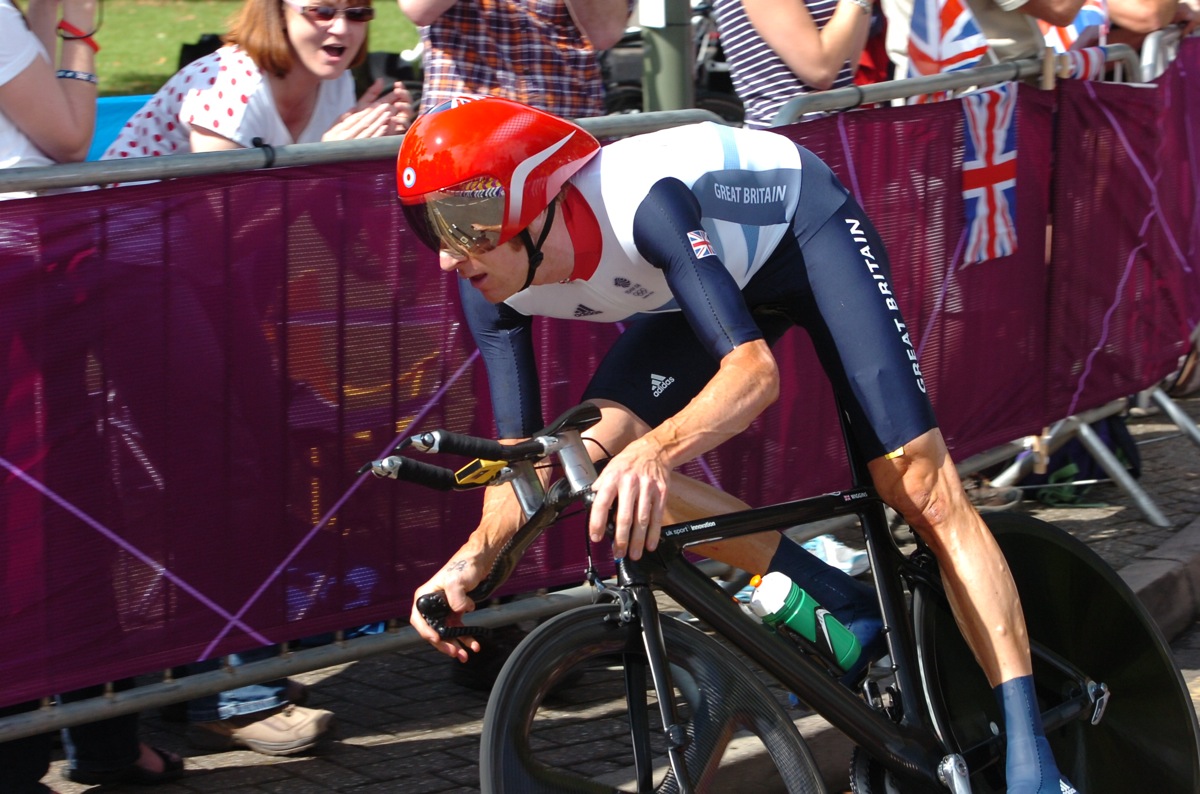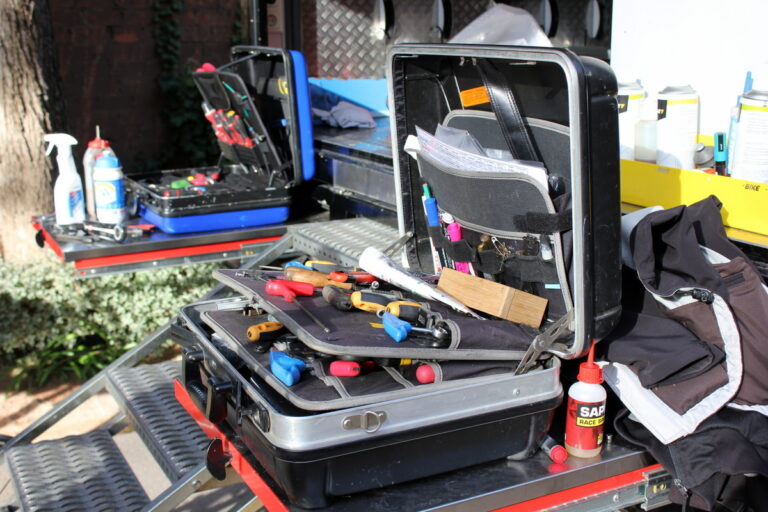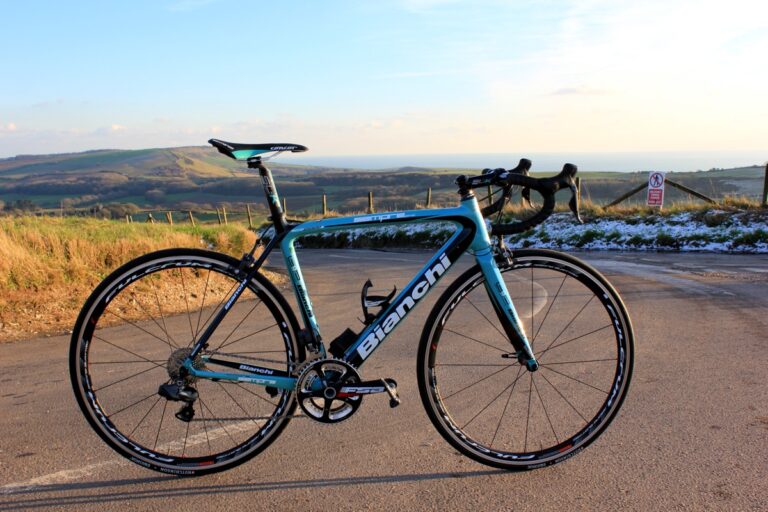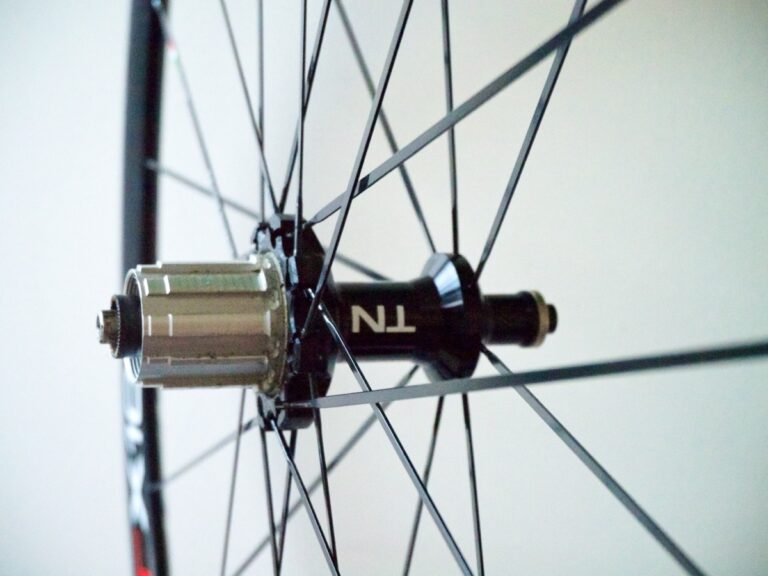Supporters of British cycling finished July celebrating a historic high, and with realistic expectations that things might get even better.
We weren’t disappointed.
The Olympic Games opened with cycling at its centre, in the form of, who else, but Bradley Wiggins.

The Londoner, back on home turf, rang a bell made at the Whitechapel Foundry, which, at 23 tonnes, was a slightly heavier item of machinery than the one he was used to operating.
Back on the bike the following day, Wiggins toiled valiantly with David Millar, Ian Stannard, and Chris Froome to control the field in the men’s Olympic road race in a bid to set up a sprint finish on The Mall for Mark Cavendish.
The public reaction to their failure to do so showed how little cycling is understood by vast swathes of the population.
Two days later, and a cyclist became the first home athlete to win a medal, in the shape of Lizzie Armitstead. The Yorkshire woman’s wheel-to-wheel battle with eventual gold medalist, Marianne Vos (Netherlands), propelled her to the front page of every national newspaper.
The nature of the race – constant attacking followed by a courageous, three-woman breakaway launched from the final descent of Box Hill – catapulted women’s cycling into the headlines and gave a new impetus to calls for proper backing for the sport.
Cyclists were again headline news two days later when the time trials began. On Wednesday August 1, the morning of Bradley Wiggins’ second date with sporting immortality, The Sun devoted its front page to cut out and keep ‘sideburns’.

The women’s time trials were first underway, but despite a brave effort from 2010 world champion, Emma Pooley, on a largely flat course, her sixth place was the highest of any of the home nation’s women. Armitstead was tenth, nearly 1.52 down on Kristin Armstrong (USA), who made a successful defence of her Olympic time trial title.
Cometh the hour, cometh the man. Wiggins, now used to the pressure of pre-race favourite, calmly rode to a 42-second victory over world time trial champion, Tony Martin (Germany) and a margin of 1.08 over Chris Froome, who won the nation’s first bronze medal of the Games.
Wiggins’ victory brought him his seventh gold medal, and his fourth gold.
RCUK set up camp at Sigma Sport, a quarter of mile from Hampton Court Palace, and soaked up the atmosphere, which consisted of constant cheering, rising to deafening roars for Froome and Wiggins.
Wiggins’ acceptance of his new status as Britain’s most decorated Olympian (equaled days later by Sir Chris Hoy), casually reclining on a giant throne in front of Hampton Court Palace, the middle and index fingers of either hand raised in a Churchilian salute, became, alongside the poses of Mo Farah and Usain Bolt, the defining image of the Games.
Cycling’s status as the host nation’s gold medal ‘banker’ stepped up another notch the following day when the velodrome opened for business. It didn’t take long for Team GB to impose themselves on their new home track.
Hoy rode at man three in the men’s team sprint squad, and after sterling work in the final by 19-year-old Philip Hindes at man one (who smashed his personal best time by 0.20) and soon-to-be double Olympic champion, Jason Kenny, at man two, gold was seemingly assured.
Many more were to follow. Victoria Pendleton won the women’s keirin, while the men’s and women’s team pursuit squads added Olympic gold medals and world records to the rainbow striped world champions jerseys won in April.
Laura Trott and boyfriend, Jason Kenny, would become the Games’ golden couple after adding women’s omnium and men’s sprint gold to the medals won as part of their respective teams.
But it was Hoy, always the leader, on and off the track, who delivered the most scintillating performance of any witnessed in the velodrome to win a record sixth Olympic gold medal with victory in the men’s keirin.
Taking the race by the scruff of the neck, Hoy led out as soon as the derny bike peeled off, a dangerous tactic but one he had used with success in the preceeding rounds.
In the final, it looked as if it might be his undoing. Tiring in the back straight of the final lap, Hoy was passed by Maximilian Levy, but with a super human display of strength and determination, overtook the German in the final bend.
Medals of a different colour were also collected. Pendleton took silver in the women’s sprint after losing her final race to arch rival, Anna Meares (Australia), while Ed Clancy took bronze in the men’s omnium with a fine performance.
Only Jess Varnish suffered the disappointment of failing to win a medal after being relegated with Pendleton from the semi-final of the women’s team sprint after setting a world record in qualifying.
A word on the velodrome: despite gold medals being collected by the home nation in several arenas (at Eton Dorney, Greenwich Park, Wimbledon etc), ‘the Pringle’ quickly became established as the place to be. Royalty, the Prime Minister, Sir Paul McCartney, Bradley Wiggins, Mark Cavendish -all flocked to the velodrome to savour the success of the cyclists.
Great Britain’s Olympians topped the cycling medal table, winning 10 medals from 14 events: eight golds, two silvers, and two bronze medals. With such a high standard set, the next team onto the boards in red, white and blue, Paralympics GB, medal table toppers in Beijing, had much to live up to.





